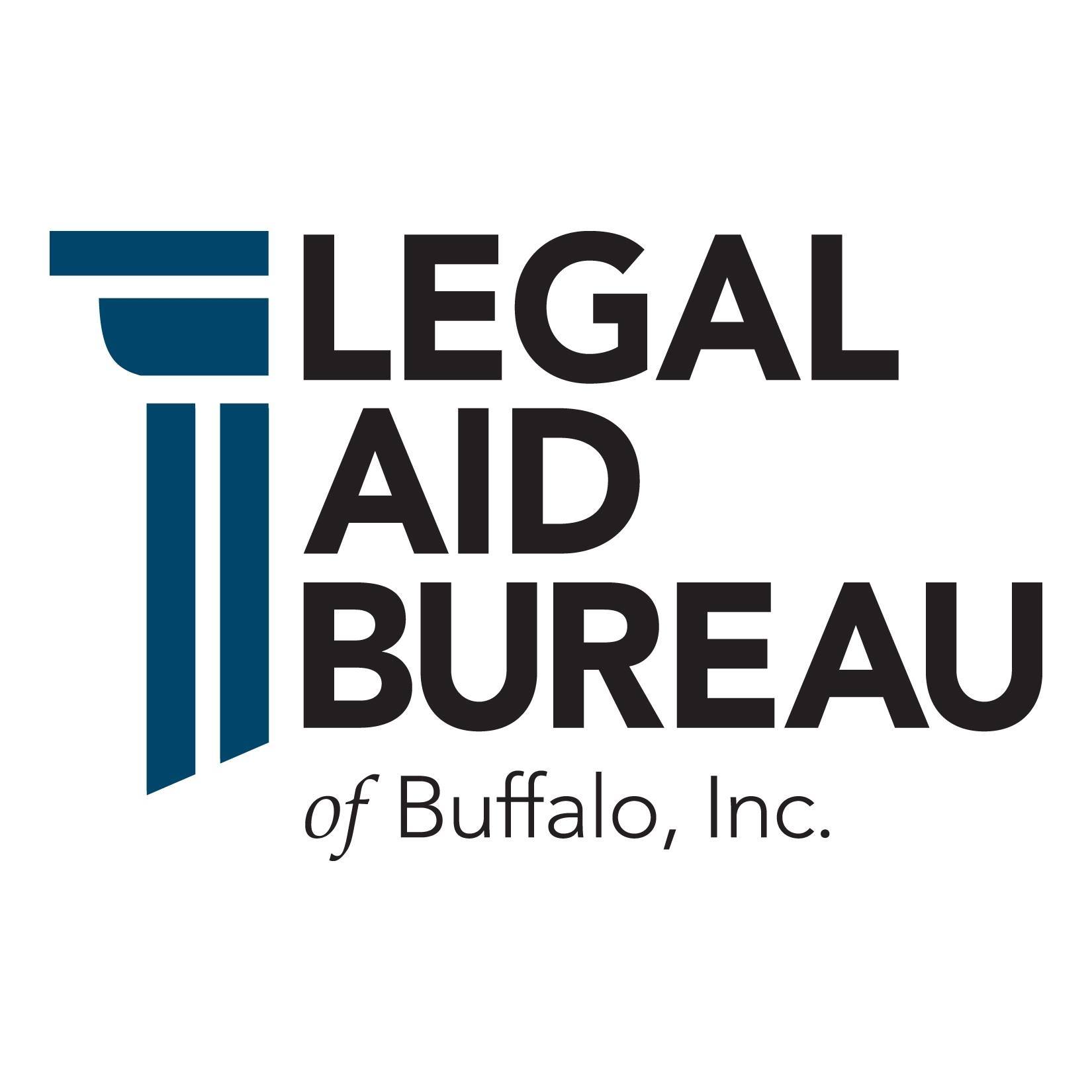Appeals and Post-Conviction Unit
The Appeals and Post-Conviction Unit is assigned by the Appellate Division, Fourth Department to represent indigent appellants in Cattaraugus, Chautauqua, Erie, Genesee, Niagara and Orleans Counties on the direct appeals of their judgments of conviction. The Unit also represents some indigent appellants with judgments of conviction from Ontario County. Additionally, the Unit represents children, who were represented in Erie County Family Court by the Attorneys for Children Unit, at the Appellate Division, Fourth Department. These appeals arise from orders issued by the Family Court.
Those convicted in County Court and (or) New York Supreme Court in the counties we cover are eligible, upon approval, for representation by our Appeals and Post-Conviction Unit before the Appellate Division, Fourth Judicial Department, in Rochester. The court issues orders of assignment upon its satisfaction that the client is indeed a “poor person,” who cannot afford a private attorney. Each year we receive over 150 such orders. In Cattaraugus and Genesee Counties, our Unit represents appellant’s convicted in local courts (i.e., City, Town and Village courts), as well as in superior court.
Convictions may have resulted either from a verdict following trial, jury or non-jury, or from a plea of guilty. We also represent appellants who have been adjudicated under the Sex Offender Registration Act, as well as providing representation for clients pursuant to the Domestic Violence Justice Survivor Act. Most often, Appeals and Post-Conviction Unit clients are incarcerated during the process, though there are exceptions.
Client input is solicited by letter and either a personal visit or confidential phone call. Transcripts are reviewed, issues are researched and a brief is written and filed under careful supervision. After thorough preparation, oral argument is conducted before a five-judge panel without the presence of the client. When a decision is rendered, approximately four to six weeks later, an application to have further discretionary review is usually filed with our state’s highest court, the New York State Court of Appeals, in Albany. If there are significant constitutional issues not appearing in the trial record, we will investigate whether to file a post-conviction motion in order to further the client’s interests; and in the appropriate case, such a motion may be filed.
Know Your Rights
A defendant has an appeal as of right to an intermediate appellate court from a judgment of conviction entered in New York State Supreme and County Courts pursuant to Criminal Procedure Law 450.10 and the New York State Constitution (article VI, § 4 [k]). This right remains viable even when a defendant has purportedly waived the right to appeal in a plea negotiation. The Appeals and Post-Conviction Unit has recently prevailed at the state’s highest court in obtaining reversals of our clients’ judgments of conviction because their waivers of appeal were not knowingly, voluntarily and intelligently entered. We continue to be successful in obtaining leave to appeal at the Court of Appeals regarding the issue of the validity of waivers of appeal.
In order to exercise this valuable right to appeal a judgment of conviction, a defendant’s trial attorney must file a notice of appeal within thirty days of the sentencing date. If the defendant is indigent, the trial attorney must also file an application for poor person relief with the appellate court or obtain an order pursuant to Criminal Procedure Law 380.55 granting poor person relief on appeal.
Frequently Asked Questions
Can the Appeals and Post-Conviction Unit represent me on the appeal of my criminal conviction?
The Appeals and Post-Conviction Unit is assigned by the Appellate Division, Fourth Department to represent indigent appellants in Cattaraugus, Chautauqua, Erie, Genesee, Niagara and Orleans Counties on the direct appeals of their judgments of conviction. In order for the Unit to be assigned, the trial attorney representing a criminal defendant in New York State Supreme and County Courts must file a notice of appeal within thirty days of the sentencing date as well as an application for poor person relief with the Appellate Division, Fourth Department, or obtain an order pursuant to Criminal Procedure Law 380.55 granting poor person relief on appeal. The Unit also represents some indigent appellants with judgments of conviction from Ontario County.
How long does the appellate process take?
The Appellate Division, Fourth Department assigns the Appeals and Post-Conviction Unit to hundreds of appeals each year. In order to be fair to our clients, we work on the assignments in the order in which they were received, taking into consideration the date of the judgment of conviction. After receiving an assignment, the court file, transcripts of the proceedings, the presentence report, copies of evidence presented at the hearing and/or trial, and all relevant documentation are gathered. Once the file is complete, a staff attorney is assigned to perfect the appeal.
It is important to be aware that, although the process is lengthy, all of our staff attorneys are extremely skilled and dedicated advocates who are committed to zealously representing our clients and obtaining meaningful relief for them. Each client will be personally involved in their appeal and the assigned attorney will either visit their client or engage in confidential telephone call to discuss their case with them. The client will receive a copy of the brief to review before it is filed.
After the brief is submitted to the Appellate Division, there is a waiting period of several months before it is orally argued and reviewed by the appellate court. The amount of time it takes the court to render a decision varies, but is not less than an additional four to six weeks.

